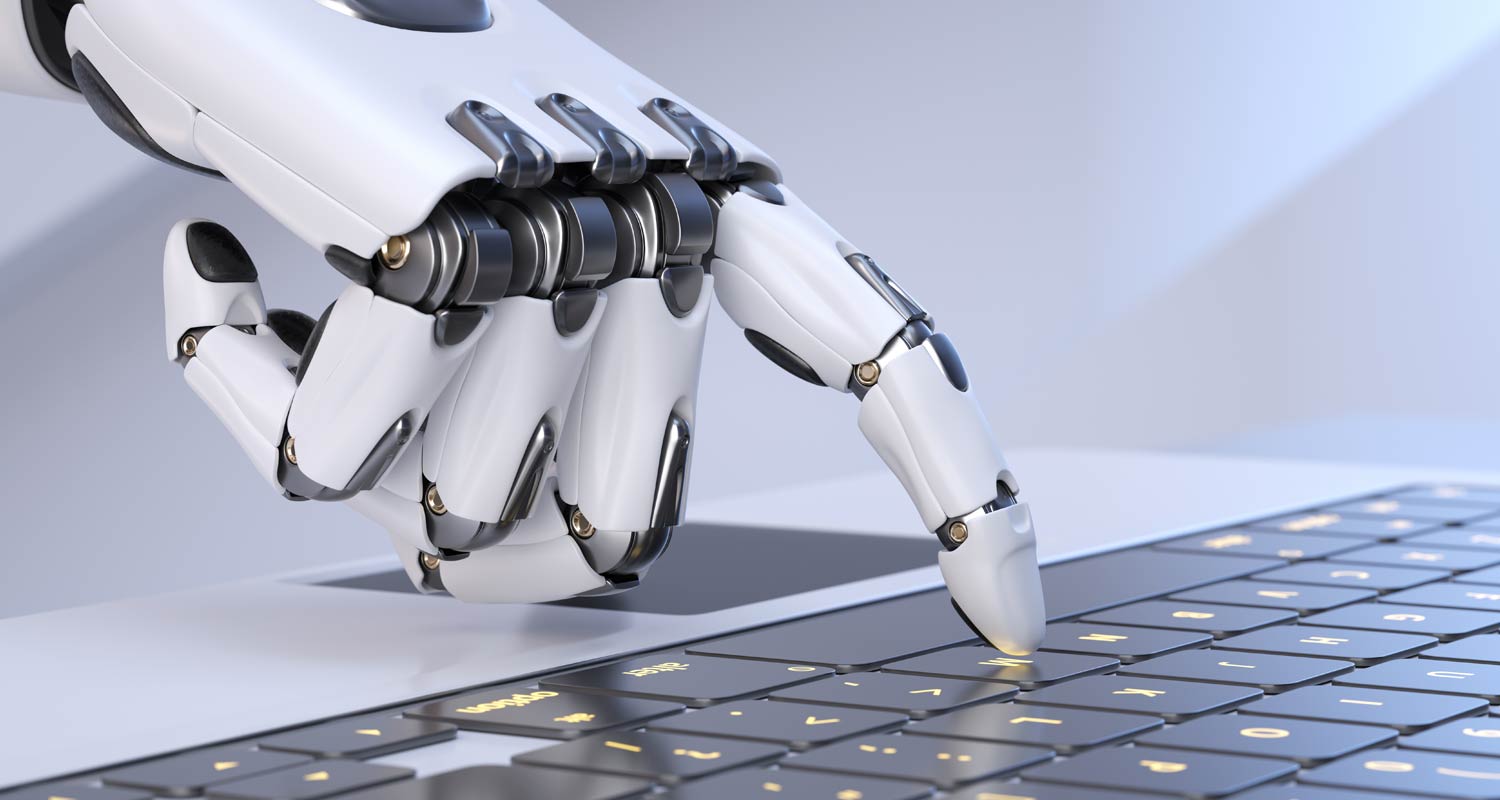 These are the articles, videos and more that caught the attention of TechCentral’s editorial team in the past 24 hours.
These are the articles, videos and more that caught the attention of TechCentral’s editorial team in the past 24 hours.
- More than a quarter of new code at Google is generated by AI: Google is building a bunch of AI products, and it’s using AI quite a bit as part of building those products, too. It’s a big milestone that marks just how important AI is to the company. More on The Verge. TS
- Microsoft Excel’s bloopers reel: 40 years of spreadsheet errors: As Microsoft Excel turns 40, it’s brought us both miracles and mayhem. A 2010 austerity study had nations sweating debt by accident, MI5 dialled 134 wrong numbers, 16 000 Covid cases went poof in a spreadsheet and JPMorgan’s “London Whale” traded risk like it was pocket change. Excel: the power to build fortunes … and accidentally destroy them! Read more in The Guardian. DM
- A candy engineer explains the science behind the Snickers bar: A sweets engineer (candy, if you’re American) has revealed the “science” behind Snickers bars: their airy nougat is created by stabilising air bubbles with egg whites, which are whipped with sugar and combined with boiled syrup and melted fat. This intricate layering – alongside chewy caramel, peanuts and chocolate – showcases what’s involved in building a chocolate bar. Read more on Ars Technica. DM
- How The New York Times is using generative AI as a reporting tool: The New York Times is using generative AI to aid in investigative reporting, not replace it. For a story examining the Election Integrity Network, AI helped transcribe and highlight key moments from 400 hours of leaked audio. The process produced nearly five million words, making AI invaluable for sorting through vast data quickly – yet the final analysis remains uniquely human work. Read more on Ars Technica. DM
- Elon Musk keeps saying Trump will tank the economy: Elon Musk has suggested US presidential candidate Donald Trump’s economic plans could bring short-term hardship to the US, an ironic admission given Musk’s alliance with Trump. Economists warn Trump’s proposals – such as mass deportations, deep federal spending cuts and tax breaks for the wealthy – could worsen the deficit, spike inflation and harm his own voter base. Read more on Gizmodo. DM
- Russian court fines Google $20-decillion: A Russian court has ruled that Google owes Russian media stations around US$20-decillion in fines for blocking their content and the fines could get bigger. To put that into perspective, the World Bank estimates global GDP as around $100-trillion, which is peanuts compared to the prospective fine. Google would therefore have to find more money than exists on Earth to pay Moscow, but on Tuesday fell a little short of that mark when it posted $88-billion in quarterly revenue. More on The Register. TS
- Reddit is profitable for the first time ever, with nearly 100 million daily users: Reddit just turned a profit for the first time. As part of its third-quarter earnings results on Tuesday, the company reported a profit of $30-million, along with $348-million in revenue — a 68% increase year over year. More on The Verge. TS
- The failure that started the internet: On 29 October 1969, in the middle of the Cold War, two scientists established a connection between computers some 550km away and started typing a message. Halfway through the transmission, it crashed. Fifty-five years later, the then-students tell all about their experience establishing the world’s very first internet connection. Read more on BBC News. NN
- Google says its next-gen AI agents won’t launch until 2025 at the earliest: Google’s Project Astra aims to build AI agents and bots that can “reason about the world around you”. CEO Sundar Pichai says the project will not deliver any new product until at least 2025. Read more on TechCrunch. NN
Top stories on TechCentral in the past 24 hours:
- South Africa’s competition authorities must be reined in
- Competition Tribunal blocks Vodacom-Maziv deal
- Apple shrinks the Mac mini
- Consumers ditching cash at a rapid rate: FNB
Bookmarks is a daily feature on TechCentral and published Monday to Friday, excluding public holidays.
Don’t miss:
Bookmarks | Like humans, animals become less sociable as they age




